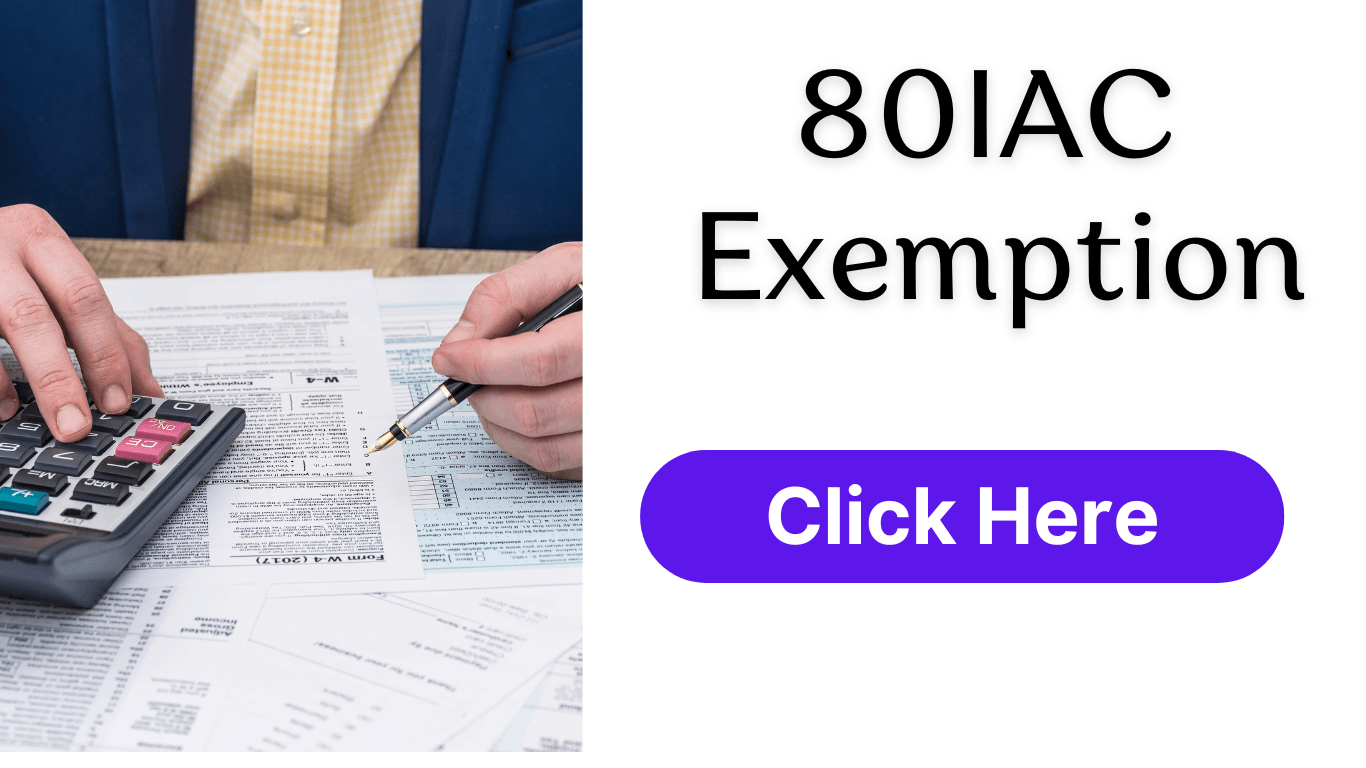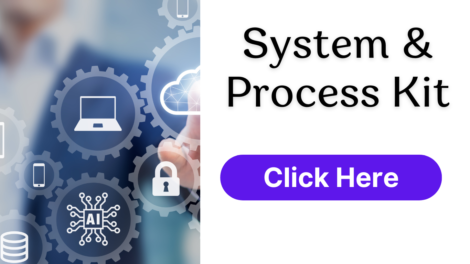80IAC Exemption
Original price was: ₹100,000.00.₹50,000.00Current price is: ₹50,000.00.
Documents Required:
- Company Details
- Company Product details
- Videos
- Income Tax Login
- Startup Login
- DPIIT Certificates
*18% GST will be Applicable*
*For better experience & guidance we recommend you to talk with our experts*
Description
80IAC Exemption
The 80IAC exemption is a provision under the Income Tax Act, 1961, which provides tax incentives to start-ups engaged in eligible business activities. Here’s a detailed overview of the 80IAC exemption:
1. **Objective**:
– The primary objective of the 80IAC exemption is to promote entrepreneurship and innovation by providing tax relief to start-ups in their initial years of operation. It aims to encourage investment in innovative ventures and foster economic growth.
2. **Eligibility Criteria**:
– To avail of the 80IAC exemption, a start-up must meet certain eligibility criteria. These criteria typically include:
– Being incorporated as a company or a limited liability partnership (LLP) in India.
– Being engaged in eligible business activities such as innovation, development, deployment, or commercialization of new products, processes, or services with high potential for employment generation or wealth creation.
– Meeting the definition of a “start-up” as per the criteria specified by the Department for Promotion of Industry and Internal Trade (DPIIT), Government of India.
3. **Duration of Exemption**:
– The 80IAC exemption provides a tax holiday for eligible start-ups for a specified period. The duration of the exemption may vary depending on the year of incorporation and other factors. However, it typically ranges from 3 to 7 consecutive assessment years, as specified by the Income Tax Act.
4. **Applicable Income**:
– Under the 80IAC exemption, eligible start-ups are exempt from paying income tax on their profits derived from eligible business activities. This includes income from the sale of eligible products, services, or intellectual property rights.
5. **Conditions for Availing Exemption**:
– To avail of the 80IAC exemption, start-ups must fulfill certain conditions specified by the Income Tax Act and relevant regulations. These conditions may include maintaining proper books of accounts, filing income tax returns within the prescribed timeframe, and adhering to other regulatory requirements.
6. **Calculation of Exemption**:
– The amount of exemption under 80IAC is calculated based on the total income of the eligible start-up derived from eligible business activities. The exemption is typically equal to 100% of the profits attributable to such activities, subject to certain conditions and limits.
7. **Carry Forward and Set-off**:
– Any unutilized portion of the exemption under 80IAC can be carried forward to subsequent assessment years and set off against the start-up’s taxable income during those years. This allows start-ups to maximize the benefit of the tax holiday period.
8. **Compliance Requirements**:
– While availing of the 80IAC exemption, start-ups must ensure compliance with all applicable tax laws, regulations, and reporting requirements. This includes timely submission of required documents, maintaining proper records, and cooperating with tax authorities as necessary.
9. **Impact on Investors**:
– The availability of the 80IAC exemption may also benefit investors in eligible start-ups by enhancing the attractiveness of investment opportunities and potentially increasing returns on investment.
10. **Review and Renewal**:
– The 80IAC exemption is subject to periodic review and renewal by the government. Start-ups should stay updated on any changes in eligibility criteria, duration of the exemption, or other relevant provisions to ensure continued compliance and benefits.
10 (FAQs) about the 80IAC exemption:
1. **What is the 80IAC exemption?**
– The 80IAC exemption is a provision under the Income Tax Act, 1961, that provides tax incentives to eligible start-ups engaged in innovative business activities.
2. **Who is eligible to avail of the 80IAC exemption?**
– Eligible start-ups, as defined by the Department for Promotion of Industry and Internal Trade (DPIIT), Government of India, are eligible to avail of the 80IAC exemption. These start-ups must be engaged in specified innovation-driven activities.
3. **What types of businesses qualify for the 80IAC exemption?**
– Businesses engaged in innovation, development, deployment, or commercialization of new products, processes, or services with high potential for employment generation or wealth creation may qualify for the 80IAC exemption.
4. **How long is the duration of the 80IAC exemption?**
– The duration of the 80IAC exemption typically ranges from 3 to 7 consecutive assessment years, as specified by the Income Tax Act. The exact duration may vary depending on factors such as the year of incorporation and other considerations.
5. **What income is exempted under the 80IAC provision?**
– The 80IAC exemption provides relief from income tax on profits derived from eligible business activities conducted by eligible start-ups. This includes income from the sale of eligible products, services, or intellectual property rights.
6. **Are there any compliance requirements associated with the 80IAC exemption?**
– Yes, start-ups availing of the 80IAC exemption must comply with certain conditions specified by the Income Tax Act and relevant regulations. This may include maintaining proper books of accounts, filing income tax returns within the prescribed timeframe, and adhering to other regulatory requirements.
7. **Can the unused portion of the exemption be carried forward?**
– Yes, any unutilized portion of the exemption under 80IAC can be carried forward to subsequent assessment years and set off against the start-up’s taxable income during those years.
8. **Are investors in eligible start-ups also entitled to benefits under the 80IAC exemption?**
– While the 80IAC exemption primarily benefits eligible start-ups, investors may indirectly benefit from enhanced attractiveness of investment opportunities and potentially increased returns on investment.
9. **Is the 80IAC exemption subject to periodic review and renewal?**
– Yes, the 80IAC exemption is subject to periodic review and renewal by the government. Start-ups should stay updated on any changes in eligibility criteria, duration of the exemption, or other relevant provisions to ensure continued compliance and benefits.
10. **Where can I find more information about the 80IAC exemption?**
– More information about the 80IAC exemption can be found on the website of the Ministry of Corporate Affairs (MCA), Income Tax Department, or other relevant government agencies. Additionally, consulting with tax professionals or legal advisors can provide detailed insights and guidance on availing of the exemption.
Sources : https://www.startupindia.gov.in/content/sih/en/startupgov/startup_recognition_page.html
For More Information : https://taxgyany.com/product/80iac-exemption/





Reviews
There are no reviews yet.